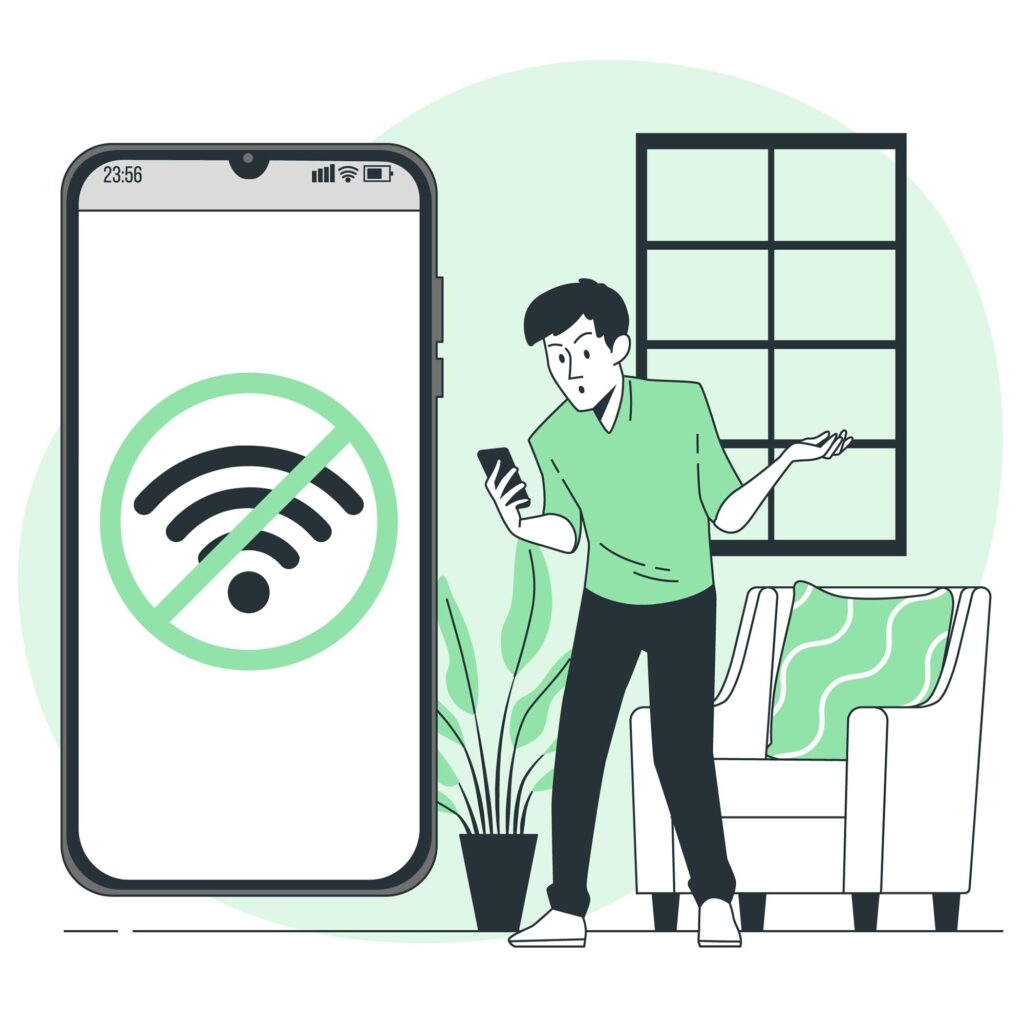News
INTERNET SHUTDOWN IN MANIPUR
Recently, the Manipur High Court repeated that the state government had no right to keep blocking mobile internet access for the whole state, because internet service was part of the resident’s right to free speech under article 21 of the constitution. The court was listening to the PIL that opposed the current internet shutdown across the state.
news
What is Internet Shutdown?
Internet shutdowns are intentional interruptions of online or digital communications that make them unavailable or unusable for a certain group of people or in a specific area, usually to limit the spread of information. It can impact both mobile and broadband internet services.
Landmark Judgements on Internet shutdown in India
In India the Central and State government can ban internet services in any part of India without consulting any court, in case of any emergency or law and order situation. They can order ISPs to filter, remove, or block internet access.
Anuradha Bhasin v Union of India, (2020)
In this case the legality of internet shutdown and restrictions of movement was challenged under Article 32 of the Constitution.
The Supreme Court of India ruled that an undefined restriction of internet services would be illegal and that orders for internet shutdown must satisfy the tests of necessity and proportionality
The Court recapitulated that freedom of speech and expression includes right to the internet and therefore was protected under the constitution. However, it could only be restricted when there is a risk against citizens and in the name of national security.
The court ruled that this order which imposes a complete restriction on the internet should be published for the public and was also subject to judicial review.
In this landmark judgement Supreme Court held that the right to free speech and the right to carry out trade and business through the internet are fundamental rights protected under Article 19 (1) (a) and Article 19 (1) (g) of the Constitution of India, respectively.
Also, the Kerala High Court in Faheema Shirin v/s State of Kerala case recognized the right to internet access as a fundamental right as a part of the right to privacy and the right to education under Article 21 of the Constitution.
Indian Laws governing internet shutdown
Section 144 of Criminal Procedure Code
This provision gives authority to a district or sub-divisional officer or any other officer authorized by the state to pass orders to prevent or stop any nuisance or disturbance of public tranquillity which may also include the suspension of internet services in a particular area for a specified period.
Section 69A of the Information and Technology Act 2000
This provision gives the central government the right to stop people from seeing any online content that it considers to be prejudicial to the sovereignty, integrity, defence, security or friendly relations of India, or to public order or decency, or to incitement of any offence.

Conclusion
The internet is not just a way to communicate, but also a platform for various activities that affect many people. Shutting down the internet affects everyone in that area, even those who are not involved in any trouble. This violates their right to free speech under the Indian constitution. The government should issue clear guidelines to state governments on when and how to impose internet restrictions in exceptional circumstances. And the authorities should also follow the guidelines that are given in Anuradha Bhasin’s case.

